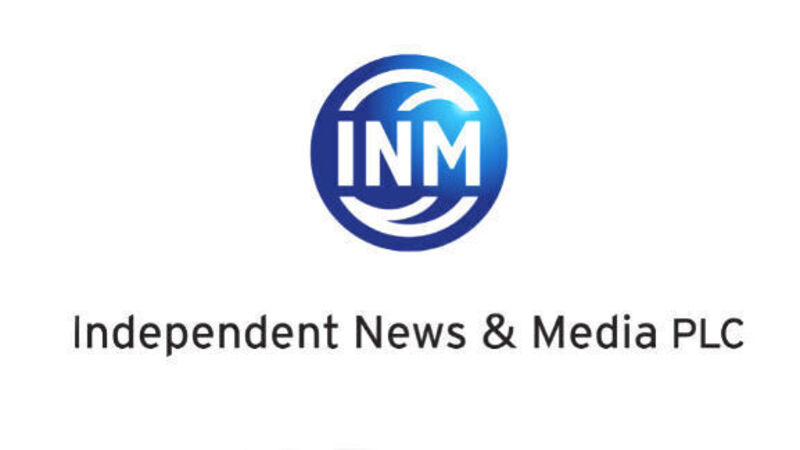Watchdog: Claims of INM email breach ‘deeply disturbing’

His comments come as a meeting was held in INM last night, where staff was reassured that newspapers and online operations were separate to issues surrounding governance and the boardroom.
It emerged earlier this week that a number of high-profile journalists, including Sunday Independent deputy editor Brendan O’Connor, ex-Independent journalist Sam Smyth, and Sunday Independent investigative journalist Maeve Sheehan, are among a group of 19 individuals whose data and information was accessed on INM’s internal systems in 2014.













